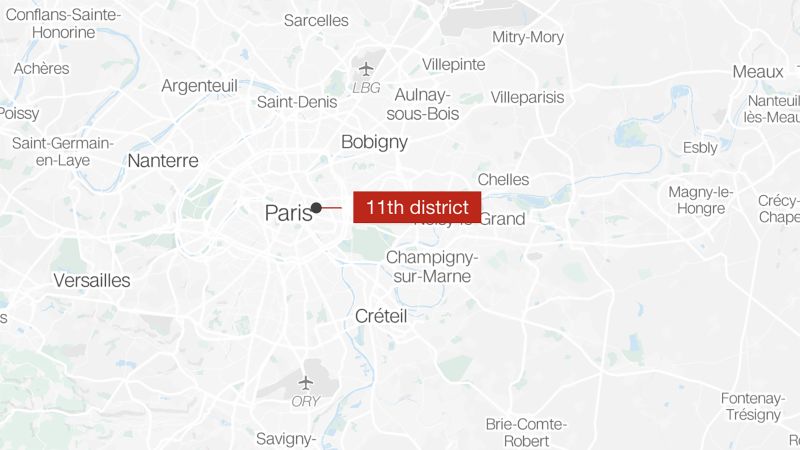One Sydney factory’s answer to foreign interference, narco-subs and people smugglers
. The partnership’s first pillar refers to Australia’s acquisition of nuclear-powered submarines.
“The successful test has proven the new system’s ready-to-deploy capabilities which can be used to detect drug trafficking, enemy submarines or even people smuggling vessels in difficult to monitor areas, offering a powerful capability and real-time identification and tracking for both military and government customers,” said Connolly.
Australia’s large and vulnerable sea border has long been an attractive target to the world’s most fearsome drug cartels, who are turning to so-called narco-subs – semi-submersibles that track almost entirely under the ocean’s surface – to circumvent law enforcement and import drugs into what is one of the world’s most profitable markets.
“We know that the best bang for their buck is to get drugs in by the tonnages and that’s going to come by water, so that is our most vulnerable place. We have massive borders and that makes us very vulnerable to maritime ventures,” AFP commander Paula Hudson said this year.
Loading
Last year, the relationship between Thales and Australia’s Department of Defence was probed in a scathing auditor-general’s report that found a Defence official sought a bottle of champagne from the company during discussions over the supply of explosives and munitions, and supplied internal departmental advice to Thales.
The report noted “evidence of unethical conduct” by the department and asked the National Anti-Corruption Commission to investigate.
Cut through the noise of federal politics with news, views and expert analysis. Subscribers can sign up to our weekly Inside Politics newsletter.












